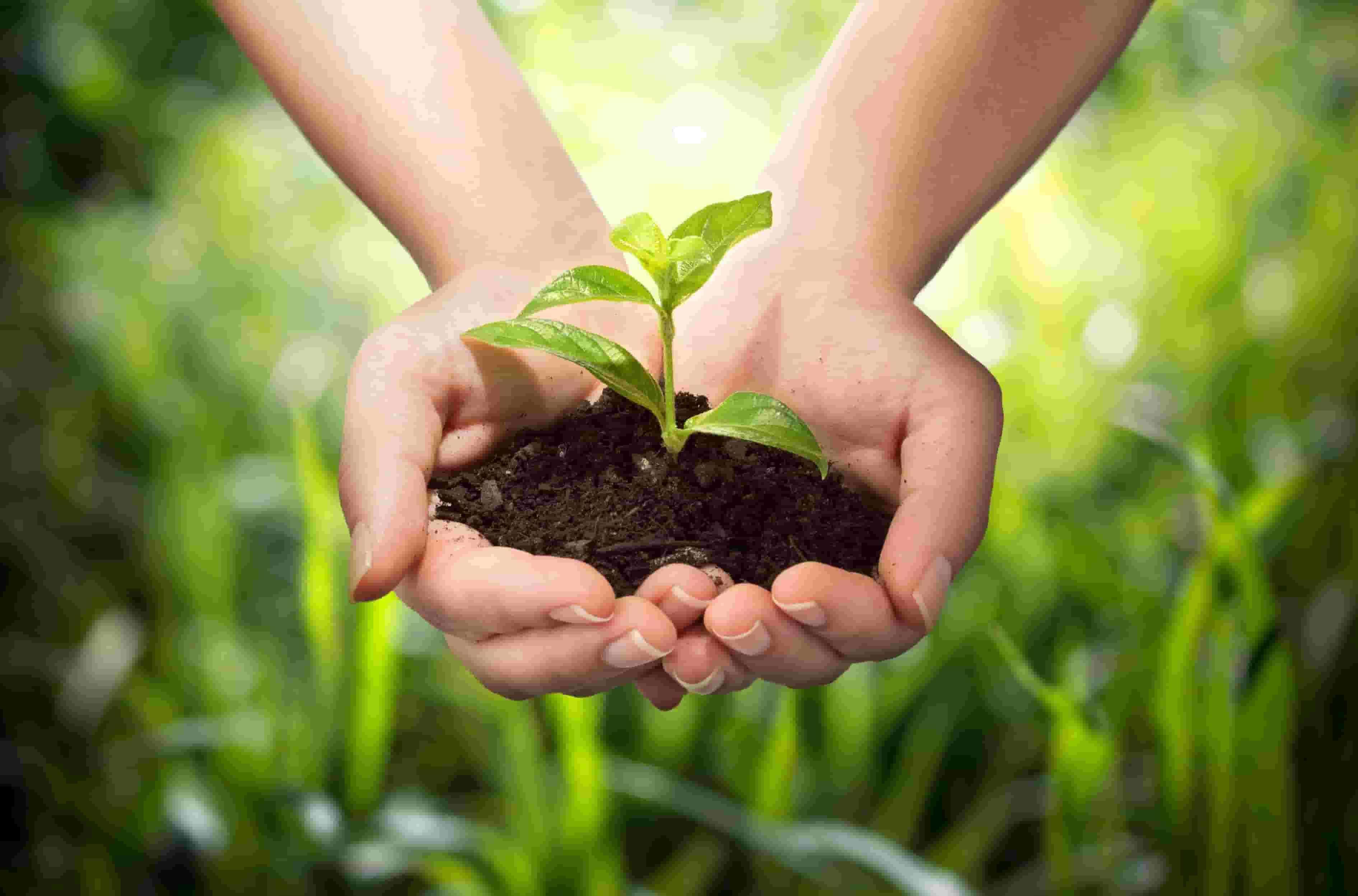Sustainable Agriculture

Sustainable agriculture is a term that’s often used in the food and agriculture industries, but can often mean different things to different people. Sustainable agriculture can be definedas taking an ecosystem approach to farming.The term sustainable farming was coined by Australian agricultural scientist Gordon McClymont and has been a widely used phrase ever since. Explaining sustainable agriculture can be understood by examining its three main goals – improving environmental health, economic profitability and producing a social benefit. These goals fairly reflect the general concept of sustainable agriculture, despite different understandings of the term.
Sustainable Agriculture Natural Resources
There are four elements to sustainable agriculture – water, energy, air, and soil. Just like in nature, these elements must be in harmony with one another in order to maximize sustainability opportunities. Agriculture relies heavily onwater use for growing crops and raising livestock. Water management is vital and is especially important during periods of drought. Examining aspects such as improving water conservationand planting drought tolerant crops are just a few examples of measures that can be taken to enhance water management.
Equally important to water management is water quality, which is often tied to salinization and contamination from inputs such as pesticides and nitrates. Ways to mitigate contamination include restoration of wildlife habitat and use of agroforestry. Closely tied to water resources is wildlife. Converting wild habitat for agriculture use increases erosion and reduces animal habitat. Working in harmony with nature and ensuring plant diversity will enhance ecosystems and aid plant management.
Air quality is important for healthy living, and reducing activities that may affect air quality is important. Extensive use of industrial agricultural equipment or burning garbage on a farm without proper waste tools should be avoided. Sustainable agricultural also involves taking care of the soil. Soil erosion is always a concern in order to continue to farm the land for future generations. There are a number of ways to manage soil erosion from occurring,including reducing tillage, reducing runoff and planting cover crops.
Energy is sometimes missed when examining sustainable agriculture practices, but it’s an aspect that has become increasingly more important. Incorporating non-renewable innovations on-farm serves as an opportunity for producers looking to become less reliant on traditional energy sources.
Sustainable Animal Agriculture Practices
Sustainable agriculture applies to both crop and livestock operations, but adding livestock to an already complex ecosystem can sometimes be tricky. Sustainable animal agriculture requires management planning such as herd production tracking and land use plans to assist with enhanced monitoring. Given the type of farm or ranch, researching the type of animals used is important. Looking at natural constraints such as feed sources, landscape and climate are all important factors to examine for animal selection. Closely tied to resource capacity is animal nutrition.
The largest input cost for producers arefeed costs. Sustainability for feed use requires determining optimal use for farm resources. Grazing management is essential for animal nutrition and managing environmental impacts associated with grazing. Ensuringthe number of stock per area is appropriate for the forage resources prevents overgrazing. Managing the input and output of resources is also important. Proper waste management for livestock manure is especially imperative for avoiding water contamination. This applies to both livestock that graze near waterways and confined livestock housed indoors which would include managing manure pits.
Sustainable agriculture plays a vital role in creating an overarching sustainable food system. Sustainable agriculture isn’t just about its practices, but remaining economically viable too. Having a long-term strategy for adopting sustainable agriculture practices on-farm over time will make it more practical to implement sustainable mechanisms.Ensuring that healthy food can be produced for future generations is a good way to think about sustainability. There are often a number of government incentives for producers to adopt sustainable practices and adopting new technology. Careful time and research is needed in order to choose best sustainable agriculture practices to adopt.